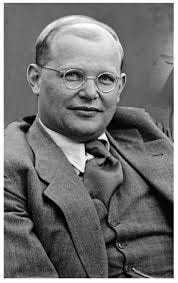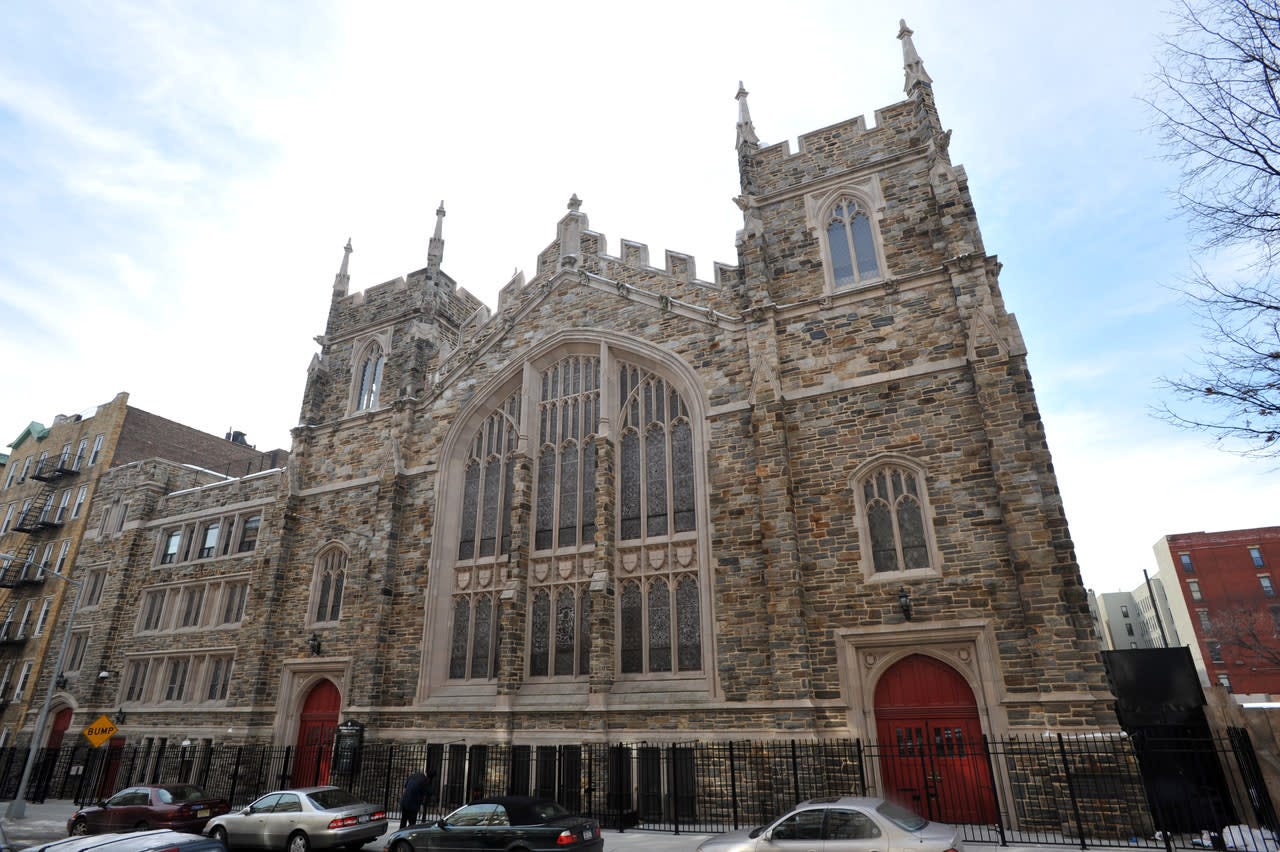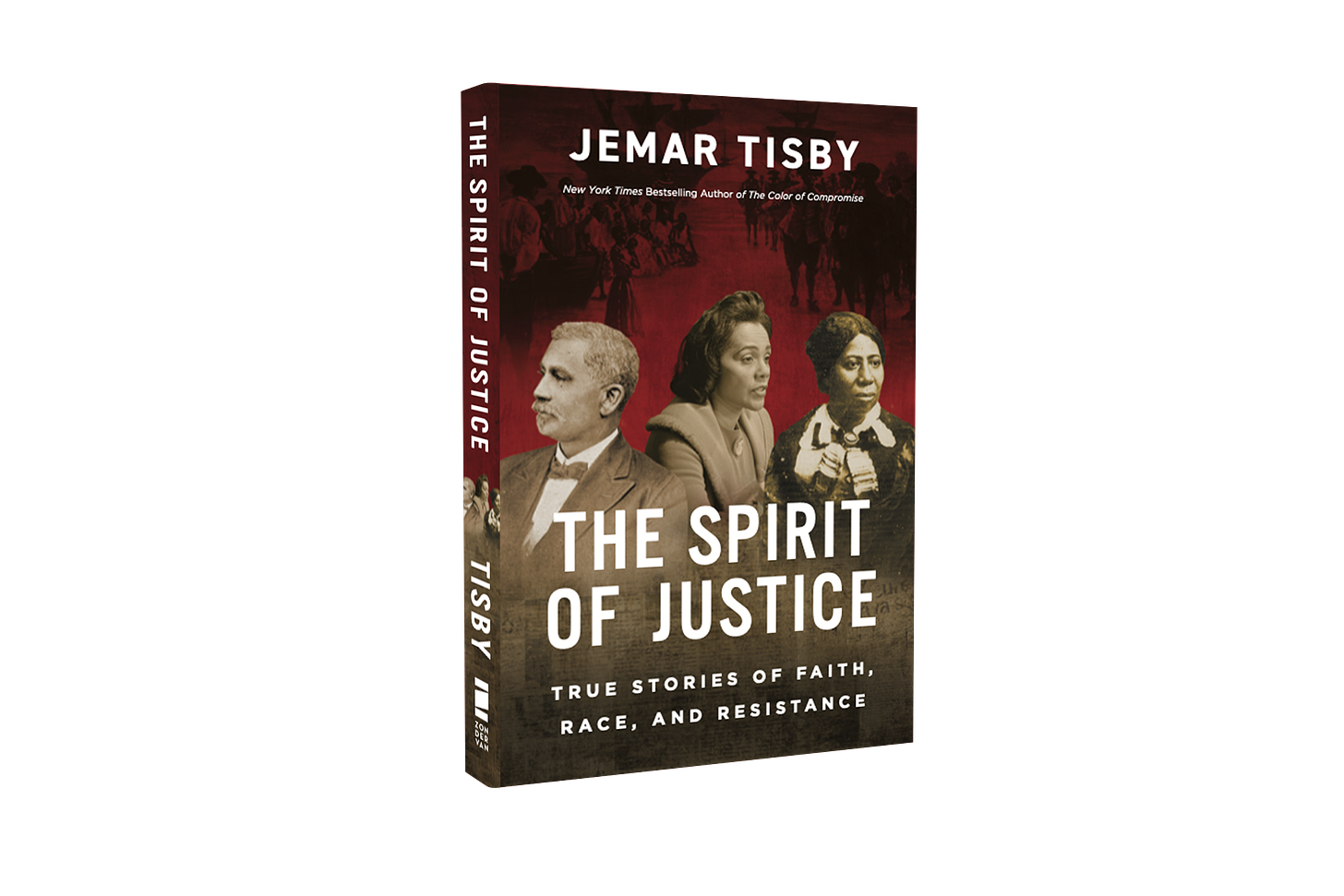We Have a "Confessing Church" in the U.S. It's Called the Black Church.
No offense to Bonhoeffer or his compatriots, but don't overlook the Black Christian witness.
This article is about learning from the Black Christian tradition. Now is your chance to support a Black Christian who is bringing these truths to you. Consider becoming a paid subscriber today.
Amid the avalanche of commentary about the 2024 presidential election and the prospect of fascist leaders taking over the White House, it is natural for Christians to look for examples of resistance.
What have people of faith in similar situations in other times and places done to resist authoritarianism and offer a powerful witness to love of neighbor and the pursuit of the common good?
The "Confessing Church”—which resisted the toxic mixture of Christianity and nationalism in 1930s Germany—is a powerful and relevant model to inform our own political theology in the United States today.
Foremost among the confessing Christians in Germany stands Dietrich Bonhoeffer. He helped lead the Confessing Church, and wrote boldly against fascism and eloquently about grace. The Nazis ultimately killed him for opposing Hitler and his regime.
Do NOT read that trash Eric Metaxas book about Bonhoeffer. Read this one by Charles Marsh instead.
We have much to learn from Bonhoeffer and the Confessing Church of Germany, but the United States has its own confessing church—it’s called the Black church.
The Black Christian tradition has stood against authoritarian and white supremacist movements in the United States just as the Confessing Church stood against fascism and genocide in Germany.
Like the Confessing Church, the Black Church is a minority among the majority of white Christians who chose compromise and complicity with white Christian nationalist, anti-democratic forces.
But you don’t have to cross an ocean, a continent, and cultures to learn about Christian resistance. The Black church is a witness is right here in the United States.
Bonhoeffer and the Black Church
Even Deitrich Bonhoeffer learned from the Black Church.
The authoritative book on this topic is Bonhoeffer’s Black Jesus: Harlem Renaissance Theology and an Ethic of Resistance by Reggie L. Williams.
At the age of 24, Bonhoeffer spent the 1930-1931 school year studying at Union Theological Seminary in New York City.
While there, he attended a historic Black church called Abyssinian Baptist Church pastored by Adam Clayton Powell, Sr.
Prior to his time in Harlem and at Abyssinian, Bonhoeffer, though a theologian with incredible potential, he resembled the majority of German Christians who “looked no different than a patriotic German, tethered firmly to Volkish, or German-centered, loyalties.”
Williams explains,
Bonhoeffer encountered the Christianity that animated the civil rights movement years before it occurred, in New York’s Harlem community…[he] was involved in one of America’s foremost black Baptist churches, Abyssinian Baptist Church, under the leadership of prominent African American pastor, Adam Clayton Power, Sr.. The Christianity of the Harlem Renaissance was a theological manifestation, post-Civil War, pre-civil rights movement, that identified Jesus with the oppressed rather than with the oppressors, in a critical interrogation of the notions of God and humanity embedded within the modern imperialist union of race and religion.
The insights Bonhoeffer gleaned from the Black church tradition’s resistance to white supremacy and emphasis on social justice allowed him to spot the deficits in the broader German Church.
“He became aware of the way Western Christianity is calibrated to a harmful ideal by a false connection between imperialism and Christianity.”
Due to his time at a Black church in Harlem, Bonhoeffer saw the similarities between pro-segregation Christians in the United States and pro-Nazi Christians in Germany.
If the Black church served as an inspiration and a theological template for Bonhoeffer’s resistance with the Confessing Church in Germany, then the Black church should also inform Christians in the United States today.
Here’s a recent example of how a Black preacher who is familiar with the liberationist strains of the Black Christian tradition sermonized about the upcoming 2024 presidential election.
Watch the full sermon by Charlie Dates, “The Uneasy Conscience of the White Christian Republican” HERE.
A Whole Other Kind of Confessing Church
I recognize that the Confessing Church of WWII-era Germany is a salient example for the political precipice upon which we teeter.
I also recognize that white Christians in the US will most often look to white Christians in Europe before they look to Black Christians in their same country.
This is not an either/or choice, it’s both/and.
Learn from both the Confessing Church and the Black church.
We should, however, interrogate why it is so easy to overlook the Black church.
Perhaps white Christians hesitate to learn from the Black church because they would also have to acknowledge why it exists at all.
The reason we need the Black church is because there is racism in the white church.
White Christians can learn how to resist fascism from the Black church, but they would have to admit their historic role in the racism and white supremacy that made the Black church necessary.
That would require a whole other kind of Confessing Church.
What examples outside of European/white Christians can inform this moment as fascism looms as a real possibility in the United States. Enlighten us below!
If you’re ready to learn more about the Black church, then you’ll find more than 50 individuals and events from Black Christian history in my latest book, The Spirit of Justice: True Stories of Faith, Race, and Resistance.







Another great article. Keep on writing bro! 💪🏽
What a sermon clip!!!! I remember the first time when I noticed that the church splits well led ahead of secession.